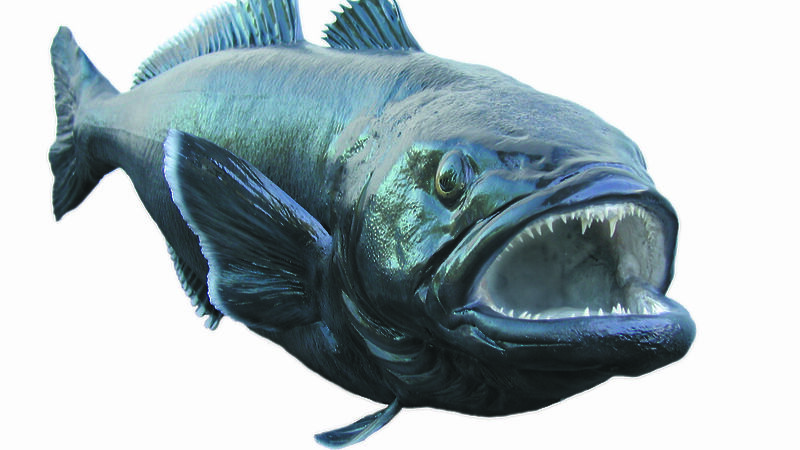International demand for the toothfish has led to a record number of countries applying for permission to fish in areas designated as new and exploratory in Antarctic waters.
Dr Sharman Stone, Parliamentary Secretary for the Environment and Heritage said these applications will be considered at the week-long meeting of the Commission for the Conservation of Antarctic Marine Living Resources (CCAMLR) to be attended by more than 20 member countries in Hobart at the end of the month.
“Some of the CCAMLR nations applying to catch toothfish are putting up their hands for the first time,” Dr Stone said.
“Others are significantly increasing the number of Antarctic zones they wish to fish, as well as the number of vessels they want to use.”
Dr Stone said the increase in applications reflects the growing commercial interest in Antarctic waters.
“Many traditional northern hemisphere fisheries are in decline so vessels are heading south to what they see as the fish-rich Antarctic.
“The trouble is, many areas of the Antarctic’s fish stocks are still being quantified.”
CCAMLR plays an important role in trying to monitor and manage new and exploratory fishing in the Antarctic as part of its role in conserving the unique marine ecosystems.
“Catch limits are set at precautionary levels for the new and exploratory regions which take into account the inadequacy of current data on both the fish and the by-catch,” Dr Stone said.
“Those granted the right to fish must send back fish-catch data every seven days so the total allowable catch for all ships can be monitored. As well, CCAMLR sets the dates when fishing may occur, to help reduce accidental bird and other by-catch.”
Dr Stone said that today’s arrival of the alleged illegal fishing vessel, the Viarsa, in Fremantle served as a timely reminder that illegal fishing in Australian waters will not be tolerated.
“Australia takes its role in CCAMLR very seriously and will do its utmost to conserve the Antarctic’s marine ecosystems, by keeping fishing at ecologically sustainable levels.
“Vessels fishing illegally are environmental vandals who apparently have no regard for the long-term survival of species. And when illegal fishing takes place in Australian waters, such as in the Heard Island or McDonald Island regions, they also flout our sovereignty in the Southern Ocean.
“Australia will again take a leading role the CCAMLR meetings, seeking a mandatory centralised vessel monitoring system to help track legal vessels and combat pirate fishing,” Dr Stone said.

